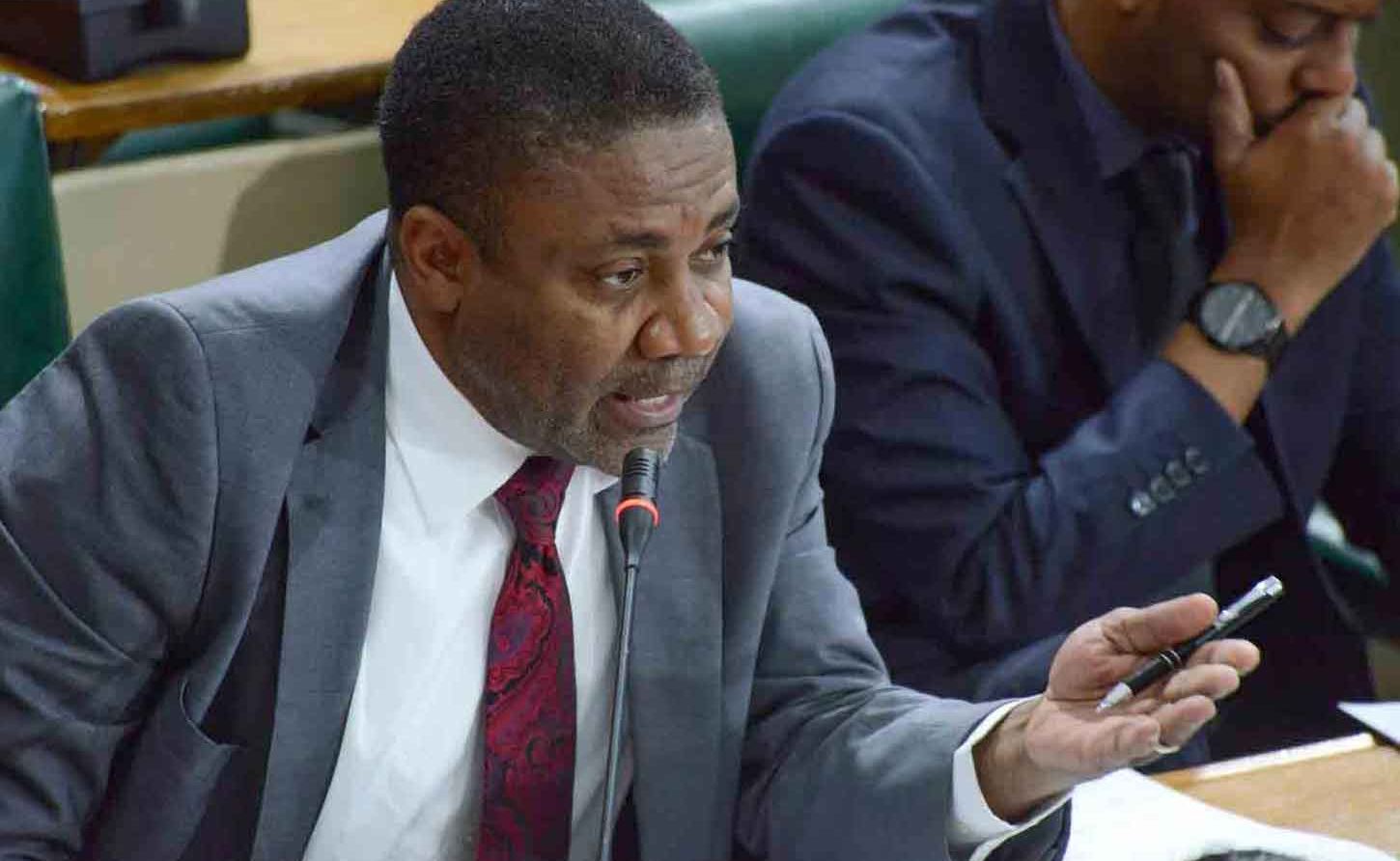JAMAICA | Jamaica's Agricultural Crisis: PNP Calls for Revolutionary Reform

KINGSTON, Jamaica, May 13, 2025 — In a blistering critique of the current administration's agricultural policies, Opposition Spokesman on Energy and Climate Change and Member of Parliament Phillip Paulwell today laid bare the stark realities facing Jamaica's farming communities while outlining an ambitious vision for the sector's revival.
"Agriculture is not merely an economic activity—it is the lifeblood of our nation, sustaining more than a quarter-million families and representing our most fundamental connection to the land that defines us," Paulwell declared during his presentation in the 2025 Sectoral Debate, themed "Championing Change."
The timing couldn't be more critical. Recent data from the Planning Institute of Jamaica revealed a troubling 12% contraction in agricultural output during the final quarter of 2024, a statistic that Paulwell wielded like a scythe against what he characterized as governmental indifference.
"While our farmers struggle against mounting odds, the administration offers platitudes instead of policies," Paulwell said, his voice resonating through the chamber. "It is not sustainable for over 80% of agricultural holdings to remain trapped in subsistence farming, with productivity levels that leave both farmers and consumers vulnerable."
The People's National Party's (PNP) comprehensive agricultural strategy targets several systemic failures, beginning with land reform. With only 24% of farms operating with registered titles according to a 2023 survey, Paulwell condemned the legal limbo that prevents farmers from accessing credit and investing in their operations.
"The government's much-touted agro-parks stand as monuments to unfulfilled potential," he said, noting that a mere 30% of available land in these designated areas is currently under cultivation.
The PNP's proposed reforms would fast-track title issuance while prioritizing youth and women in future land distribution—a direct challenge to generational inequities in land ownership.
Financing represents another cornerstone of the PNP's agricultural vision. Paulwell announced plans for a dedicated Agricultural Development Fund to support infrastructure improvements, research initiatives, and climate resilience projects.
This would be complemented by an Agricultural Free Zone designed to attract investment and stimulate value-added processing—transforming raw commodities into higher-value exports.
"Only 15% of our arable land is irrigated," Paulwell observed, highlighting the infrastructure deficiencies that leave farmers "at the mercy of rainfall." The PNP's plan includes comprehensive investments in irrigation systems, cold storage facilities, and farm-to-market roads.
The opposition's proposal embraces technological innovation through precision agriculture, including drone technology for crop monitoring and modern approaches like hydroponics to increase yields while reducing environmental impact.
Paulwell emphasized that these advancements would be developed through strengthened partnerships with educational institutions including CASE and the University of the West Indies.
Perhaps most poignantly, Paulwell connected agricultural policy to child welfare, citing statistics showing over 260,000 Jamaican children facing food insecurity. The PNP's proposed school feeding program would source ingredients directly from local farmers, creating a virtuous cycle that addresses both nutrition and agricultural markets.
"It's not just about reducing the food import bill, which has ballooned to US$1.5 billion," Paulwell argued. "It's about food security, economic justice, and national pride. We can feed ourselves, and we must."
The presentation culminated with the unveiling of the SMART Plan (Sustainable Management of Agriculture through Research and Technology), a framework that addresses livestock improvement, freshwater fisheries, and sustainable farming practices.
As shadows lengthened across Kingston, Paulwell's closing remarks served both as indictment and invitation: "We must do right by our farmers from Saint James to Westmoreland, from St. Ann to Clarendon. The time for piecemeal fixes is over. The People's National Party stands ready to champion the bold changes our agriculture sector needs."
Whether the current administration heeds this wake-up call remains to be seen, but for Jamaica's quarter-million farm families, the stakes could hardly be higher.
-30-
